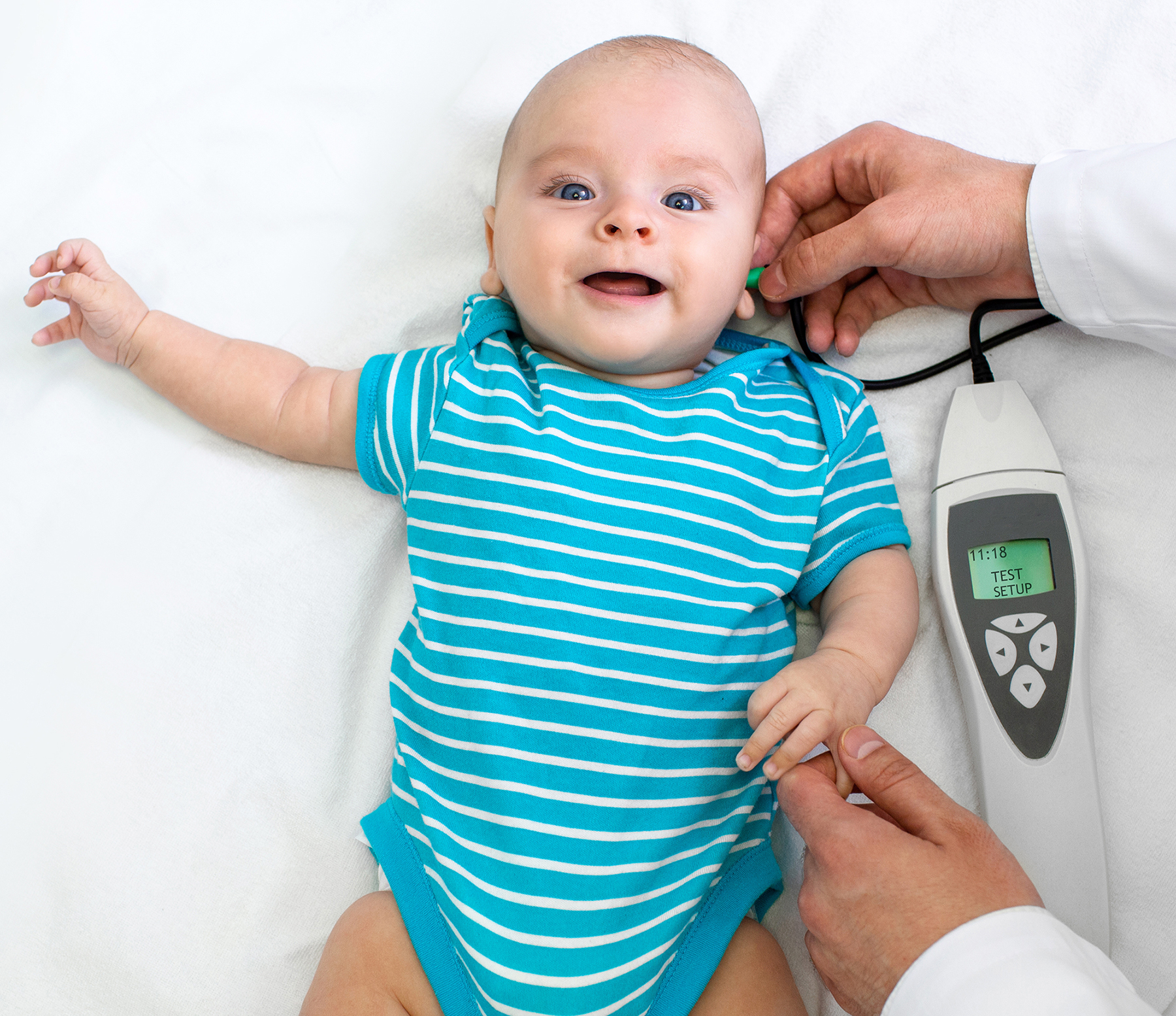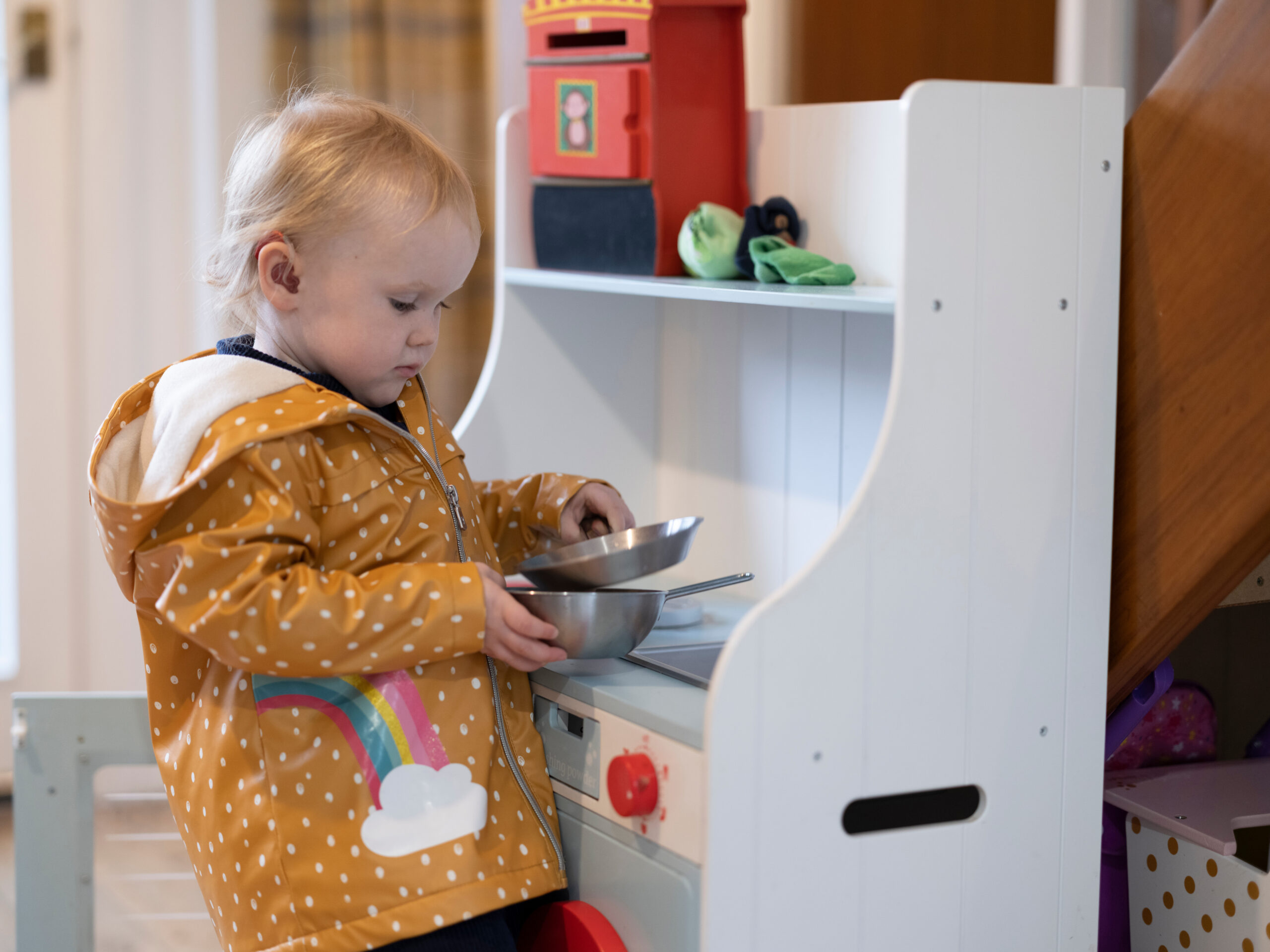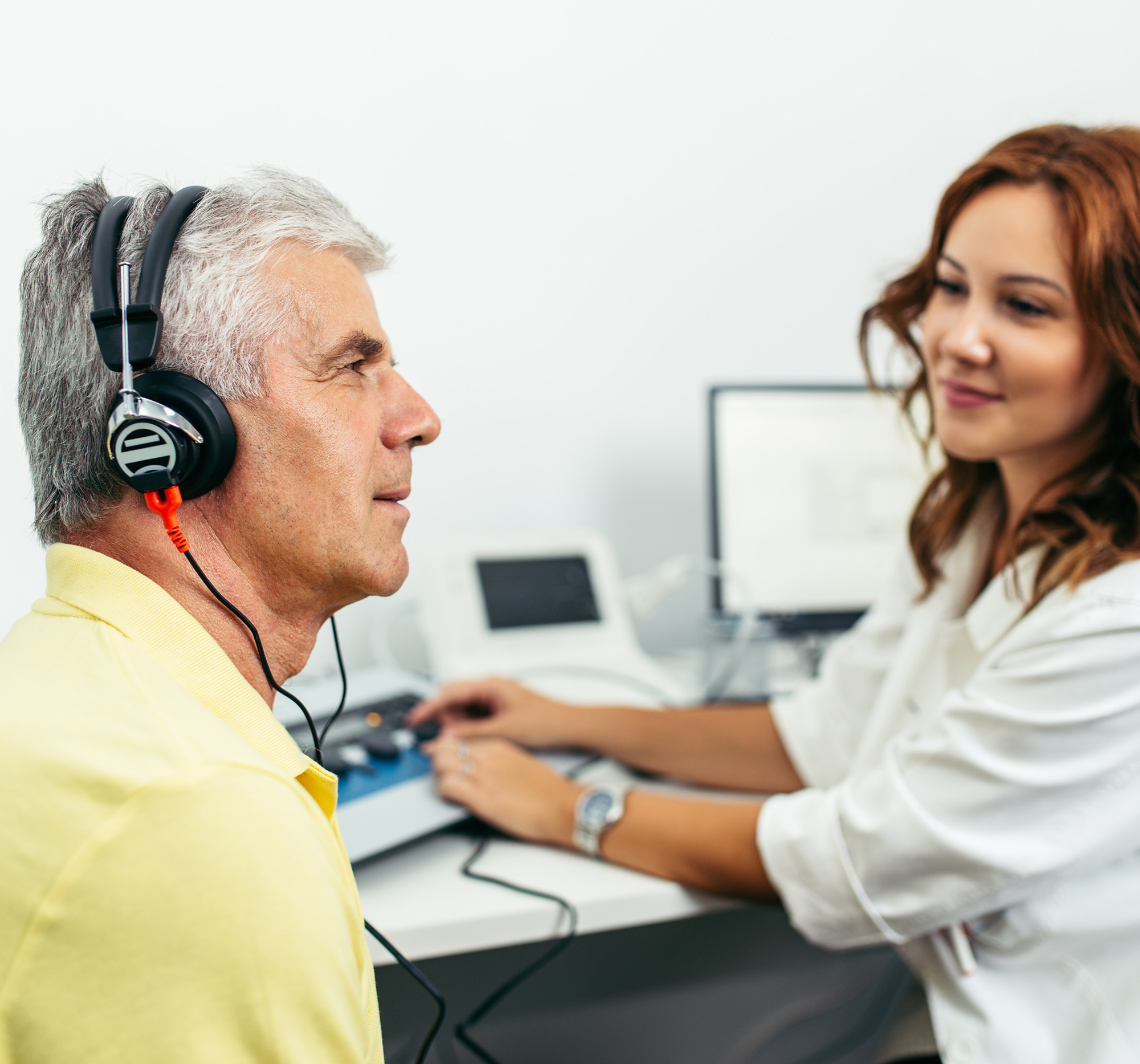Since hearing loss usually develops gradually, it can be hard to notice the first signs. Having difficulty hearing in noisy environments, asking people to repeat themselves and feeling your ears buzzing or ringing can be among the first symptoms of hearing loss.
Prevention
Exposure to loud noise can damage the hair cells in the inner ear, leading to hearing loss. Therefore, you should avoid loud noises or wear earplugs or noise-cancelling headphones when exposed to loud environments.
A noisy work environment is the most pronounced risk for developing hearing loss, making precautionary measures vital. For example, if you are exposed to loud noises at work, the use of earplugs and other safety gear is strongly recommended for you. You may also consider changing shifts, especially if you work in an industrial setting or are operating noisy, heavy machinery. Lastly, regular awareness trainings organised by the employer can help sensitize workers to their exposure and help detect symptoms of hearing loss or avoid any acoustic trauma.
Beyond the workplace, medication and nutrition may play a role. For instance, certain medications are known to cause hearing loss as a side effect. If you are taking medication, it is important to monitor your hearing and speak to your doctor if you notice any changes.
The WHO recommends frequent hearing screenings to be made available for older adults (e.g. after the age of 50), so that hearing loss is diagnosed early, and one can swiftly seek effective treatment. Early rehabilitation helps avoid the co-morbidities associated with hearing loss, such as psychological conditions (anxiety, depression), neurological decline (dementia), and the physical manifestations associated with the psychological distress (such as pain, hypertension).
Hearing screening
A crucial component of prevention at all ages
Untreated hearing loss has significant impact on the health and well-being of people who live with it. In addition, their exclusion from communication, education and employment results in financial losses for healthcare systems. To minimise these effects, hearing care should be a priority in health systems.


In the case of a suspected hearing loss, a hearing test with a physician or qualified audiologist offers certainty.
Detection is crucial, in order to take early corrective measures before hearing loss becomes too debilitating, and to avoid the social isolation and the co-morbidities that go along with it.
The World Health Organisation (WHO) recommends that public health system offer regular screenings for early detection at all ages, including for adults, so that rehabilitation through hearing aids can be made available swiftly and a further exacerbation of their hearing loss prevented.
Newborn screenings
It is estimated that 2-3 out of 1000 newborns has hearing loss. The causes vary significantly: It can be genetic, but also caused by a shortage of oxygen supply to the foetus, viral infections of the mother that are passed to the unborn child, or alcohol consumption during pregnancy.
In many countries, a neonatal hearing screening can be requested for free during the first days of a newborn’s life. The test is painless and involves either the use of soft, earphone-like probes that are placed in the ears or the use of electrodes placed on the infant’s scalp.


During childhood
Hearing loss can also develop progressively in the first years of your child’s life (e.g. as the result of an infection). Therefore, parents are recommended to watch for the critical developmental milestones in the child as they can be used as a guide to help detect a possible hearing loss.
Schools can also play an important role in hearing loss prevention through the organisation of mass hearing screenings in the public school system. According to the WHO, a systematic screening in children at pre-school and school years, followed by appropriate care, can lead to timely identification and remediation of common ear diseases.
For senior adults
The risk of hearing loss increases with age. Around one third of adults aged 65+ are experiencing hearing loss to a certain degree. Thus, if you belong to more senior and elderly age brackets, hearing screening should be prioritised in your medical exams’ planning.


Finding an audiologist
With their high level of expertise, audiologists and hearing care practitioners are there to help you follow the best hearing care treatment or find the most suitable hearing instruments. At your first visit with a hearing care professional, you will discuss your medical background to determine if there are any genetic or medical factors or past incidents that could impact your hearing. The hearing care practitioner will also assess your previous or current exposure to noise and conduct an examination of your ear canal and eardrum.

